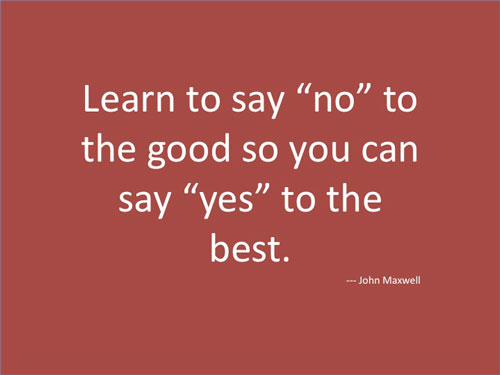Many people, including me, have been searching for the “perfect” work-life balance. Just as often, I am also trying to influence my significant other to “fix” his work – life balance so we can invest more time together as a family. I’ve come to realize that for me, the solution lies in harmony rather than balance or blending work with home life. In our work with family businesses owners, the quest for the perfect work life balance is often at the crux of many of the challenges faced by couples. I’m curious about what works (or doesn’t work) for you. The Balancing Act The word, balance, implies that the solution lies in spending equal amount of time with “work” and “life” in order to get balance. It also assumes that balance is ideal – all areas need equal time. What images come to mind? I think about measuring/ weight scales…









